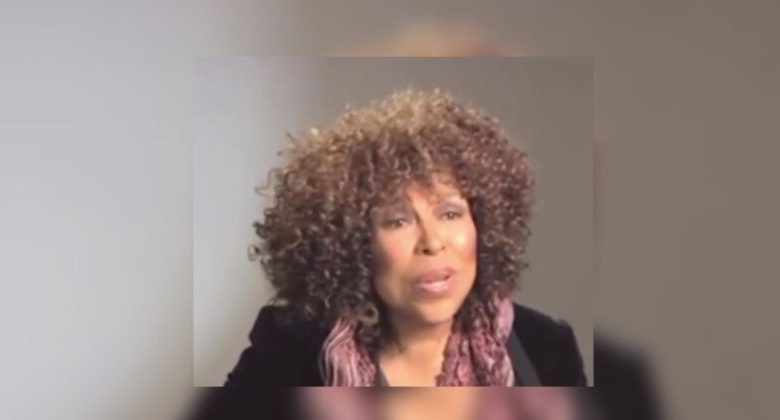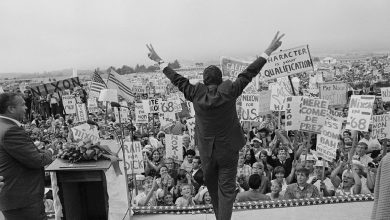Grammy-Award Winning ‘Killing Me Softly’ Singer Roberta Flack Passes Away At 88

Roberta Flack, the legendary soul singer best known for hits like “Killing Me Softly With His Song,” has passed away at 88. According to a statement from her publicist, Flack died on Feb. 24 at her home, surrounded by family. The songwriter has endured several years of health struggles, including a diagnosis of amyotrophic lateral sclerosis (ALS), which had robbed her of her ability to perform, NPR reported.
Flack’s contributions to music spanned decades, from jazz and soul to pop and folk. Born in Black Mountain, North Carolina, and raised in Arlington, Virginia, Flack showed musical promise from an early age. She received classical training and earned a scholarship to Howard University, where she graduated with a degree in music education. She initially sought a career in classical music, but Flack found herself pushed toward pop and soul due to the limited opportunities for Black women in the classical music world during the 1960s, according to NPR.
Her first major break came when jazz musician Les McCann discovered her performing at a club in Washington, D.C. McCann went on to help Flack secure an audition with Atlantic Records, leading to the release of her debut album, “First Take,” in 1969. The album featured her haunting version of “The First Time Ever I Saw Your Face,” which gained major attention when Clint Eastwood used it in his 1971 film “Play Misty for Me.” The song climbed to No. 1 on the Billboard Hot 100 and earned Flack a Grammy Award for Record of the Year, CNN reported.
Flack’s career continued to soar with chart-topping hits like “Killing Me Softly With His Song,” which earned her two Grammy Awards in 1974. She went on to have a string of successful albums throughout the 1970s and 1980s, collaborating with artists like Donny Hathaway and interpreting songs by a variety of musicians, from Leonard Cohen to The Beatles.
Flack was also known for her activism. Her songs often addressed social issues, including racial injustice, poverty, and LGBTQ+ rights. In interviews, she spoke about her frustration that many of the issues she sang about in the 1960s and 1970s still persisted decades later.
Flack’s influence reached across generations, inspiring artists like Lauryn Hill, Lizzo, Lady Gaga, and Ariana Grande. Her work defined the “quiet storm” genre of R&B and laid the groundwork for the rise of neo-soul.
In recent years, Flack had to retire from public performances due to her health condition, but her legacy continued to inspire.




